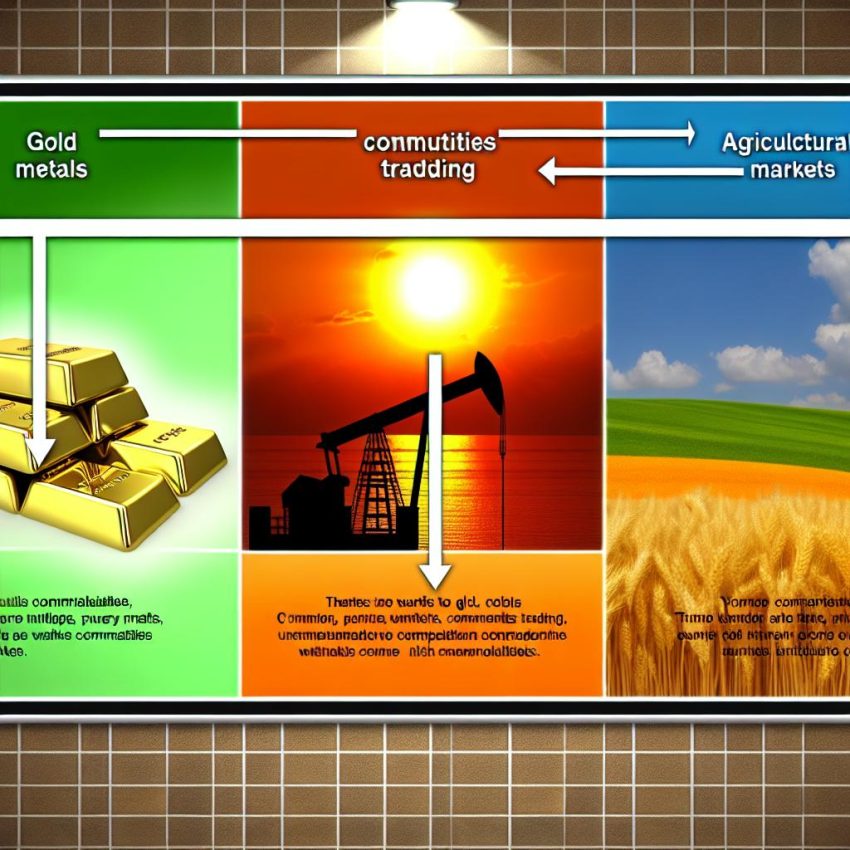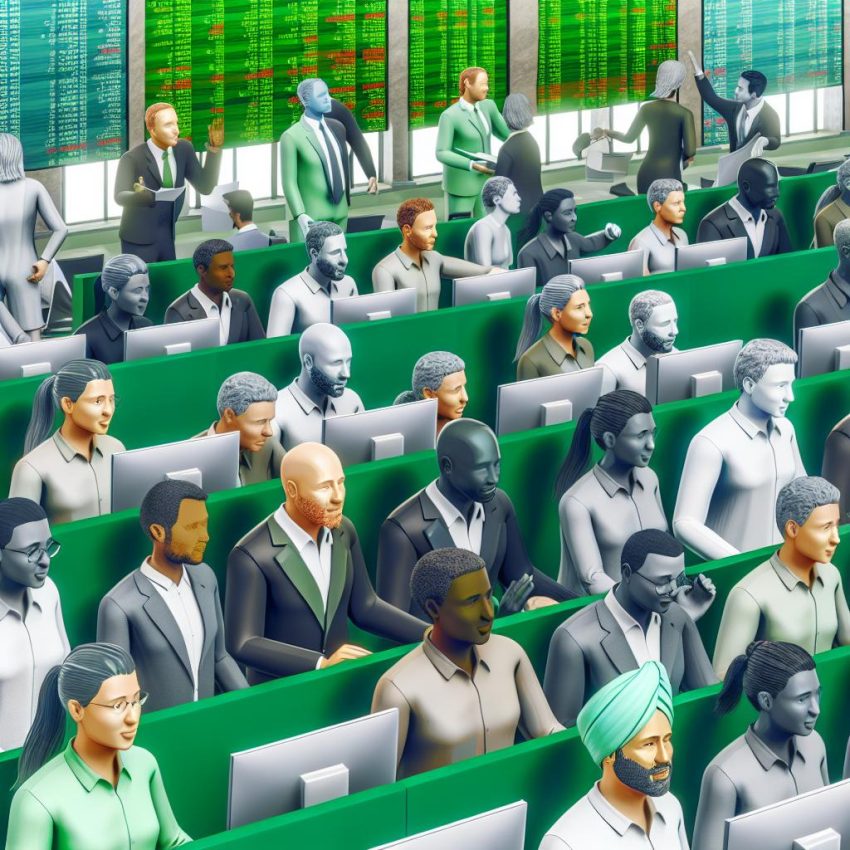Understanding News Trading News trading is a sophisticated strategy in the realm of financial markets, wherein traders make informed decisions based on real-time economic and political events. This approach hinges on the ability to swiftly process and analyze news events to predict market movements and pinpoint lucrative trading opportunities. The ever-evolving landscape of news events…
Author: admin
High-Frequency Trading (HFT): The Role of Speed in Markets
Understanding High-Frequency Trading (HFT) High-Frequency Trading (HFT) represents a sophisticated form of trading that leverages algorithms and advanced technology to execute a large number of transactions within milliseconds. This approach is primarily facilitated by powerful computers that can process information at unprecedented speeds, making split-second decisions that were previously impossible. The Importance of Speed in…
ETF Trading: How Exchange-Traded Funds Work
Understanding Exchange-Traded Funds (ETFs) Exchange-Traded Funds, more commonly referred to as ETFs, serve as a versatile tool for investors seeking to diversify their portfolios without engaging in the often intricate task of selecting individual stocks. Essentially, ETFs are investment funds that are bought and sold on stock exchanges in a manner similar to individual stocks….
Binary Options Trading: High-Risk, High-Reward Trading
Understanding Binary Options Trading Binary options trading represents a form of financial investment that revolves around predicting the direction of an asset’s price within a specific time frame. Unlike traditional forms of trading, binary options are known for their straightforward nature, requiring traders to make a simple yes or no decision regarding their chosen asset….
CFD Trading: What Are Contracts for Difference?
Understanding Contracts for Difference (CFDs) Contracts for Difference, commonly known as CFDs, are innovative financial instruments that allow traders to speculate on the price movements of various assets without actually owning them. These assets can include a range of financial instruments such as stocks, commodities, forex, and indices. CFDs are popular among traders due to…
Commodities Trading: Gold, Oil, and Agricultural Markets
Introduction to Commodities Trading In the world of finance, commodities trading represents a significant component, encompassing essential goods such as gold, oil, and agricultural products. This type of trading entails the buying, selling, or exchanging of these raw materials. Investors and traders participate in commodities markets to diversify portfolios, hedge against inflation, and speculate on…
Cryptocurrency Trading: How to Trade Digital Assets
Introduction to Cryptocurrency Trading Cryptocurrency trading involves the buying and selling of digital assets through online platforms known as exchanges. These digital currencies, including Bitcoin, Ethereum, and many others, are traded in a volatile and rapidly changing market. Understanding the fundamentals of cryptocurrency trading is essential for anyone looking to navigate this landscape effectively. Understanding…
Stock Trading: Buying and Selling Shares for Profit
Understanding Stock Trading Stock trading is the practice of buying and selling shares of companies with the primary objective of making a profit from the fluctuations in their stock prices. It is a fundamental aspect of financial markets, facilitating the exchange of capital between businesses and investors. This activity not only allows individuals and institutions…
Forex Trading: How to Trade Currency Pairs
Introduction to Forex Trading Forex trading, also recognized as foreign exchange trading, involves the buying and selling of currency pairs in a marketplace that is acknowledged as one of the largest financial markets globally. With a daily trading volume exceeding $6 trillion, it provides substantial opportunities for traders to profit from fluctuating currency values. The…
Futures Trading: How to Trade Commodities and Indexes
Understanding Futures Trading Futures trading, a significant segment of the financial markets, involves the buying and selling of contracts linked to commodities or indices. These contracts come with the obligation to purchase or sell an asset at a future date and price that have been agreed upon in advance. Engaging in futures trading allows participants…











